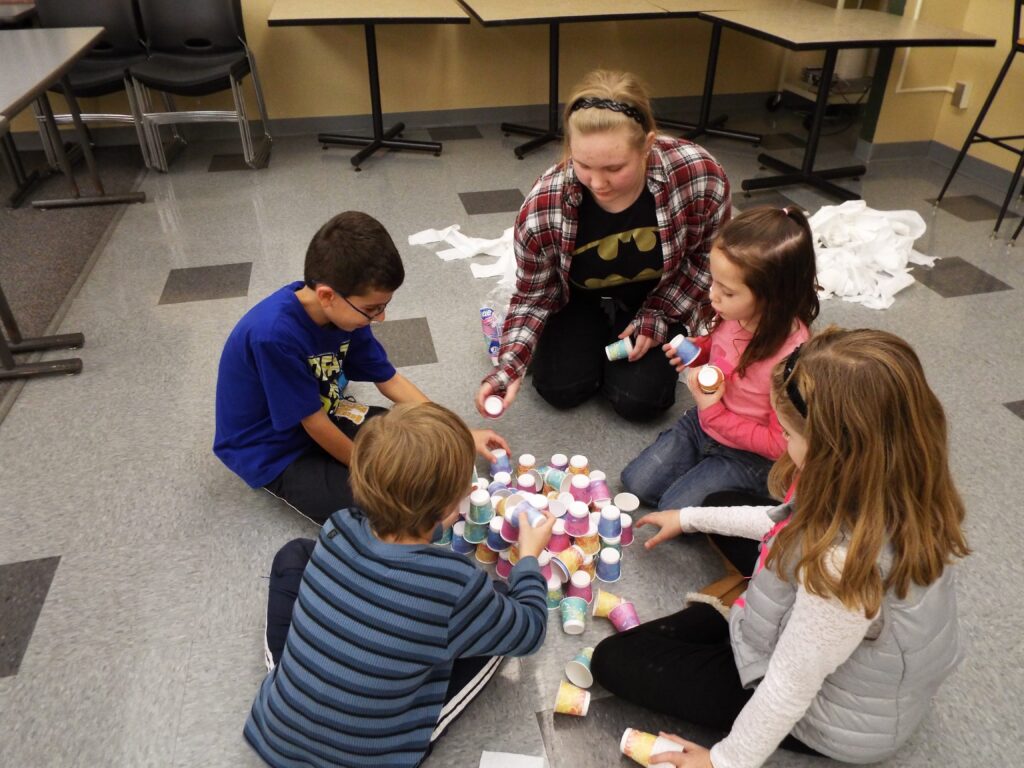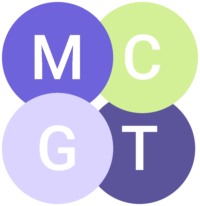Gifted Acronyms/Terminology
General Gifted Terms:
2E or 2X – Twice-Exceptional
3E – Three or more Exceptionalities
GT – Gifted & Talented
HA – High Ability
HG – Highly Gifted
Neurodiversity – neurological differences or variations
PG – Profoundly Gifted
TD – Talent Development

Gifted Education Terms:
Cluster classroom – when identified gifted students at a grade level are assigned to one classroom with a teacher who has special training in how to teach gifted students.
Compacting – Using pre-assessment to adjust the curriculum, removing content that has already been mastered, making time for new content
Differentiation – Providing instruction and content in different ways and at different levels to meet students’ unique needs
Early Entrance – Beginning kindergarten or first grade when younger than the general age cut-off
Enrichment – Opportunities to explore topics and issues from (or beyond) regular curriculum in greater breadth and depth
Full-grade Acceleration – Skipping one year of school
Pull-out Program – offers learning opportunities dedicated to gifted instruction.
Subject Acceleration – Joining a higher class for one subject
2E/3E Abbreviations:
504 Plan – Another type of educational contract with a school for accommodations to assist learning
ADHD – Attention Deficit/Hyperactivity Disorder
ASD – Autism Spectrum Disorder
Dyscalculia – Difficulty with mathematical reasoning and number sense
Dysgraphia – Difficulty with writing abilities. may include handwriting difficulty, trouble getting thoughts onto paper, spelling

Dyslexia – Difficulty with language processing, such as decoding speech, written language, or the relationship between the two
EBD – Emotional/Behavioral Disorder
IEP – Individualized Education Plan, the special education instruction, supports, and services a student needs to thrive in school developed when they have barriers to their learning.
LD – Learning Disability
NVLD – Non-Verbal Learning Disability
Sensory Processing Disorder – Difficulty processing information from the senses (touch, movement, smell, taste, vision, and hearing)
Tests:
Ability Tests or IQ tests – show how well a person thinks or what their capability is for learning.
Achievement Tests – tests designed to see what a student has already learned.
ACT – American College Test
CLEP – College Level Examination Program
CogAT – Cognitive Ability Test
EXPLORE – ACT’s College Readiness Test for 8th and 9th graders
FAST – Formative Assessment System for Teachers
Integrated Acceleration System – a comprehensive online tool for determining whether acceleration is a good fit for a child developed by the Belin Blank Institute
MAP – Measure of Academic Progress
NNAT – Naglieri Non-verbal Ability Test
SAT – Scholastic Aptitude Test
SB-5 – Stanford-Binet (5th ed.)
WISC-V – Wechsler Intelligence Scales for Children (5th ed.)

Enrichment/Programs:
DYS – Davidson Young Scholars Program
MITY – Minnesota Institute for Talented Youth
IB – International Baccalaureate
Online G3 – Smart Classes for Smart Kids
PSEO – Post-secondary enrollment options, secondary pupils can enroll full time or part time in courses or programs in eligible postsecondary institutions.
UMTYMP – University of Minnesota Talented Youth Math Program
